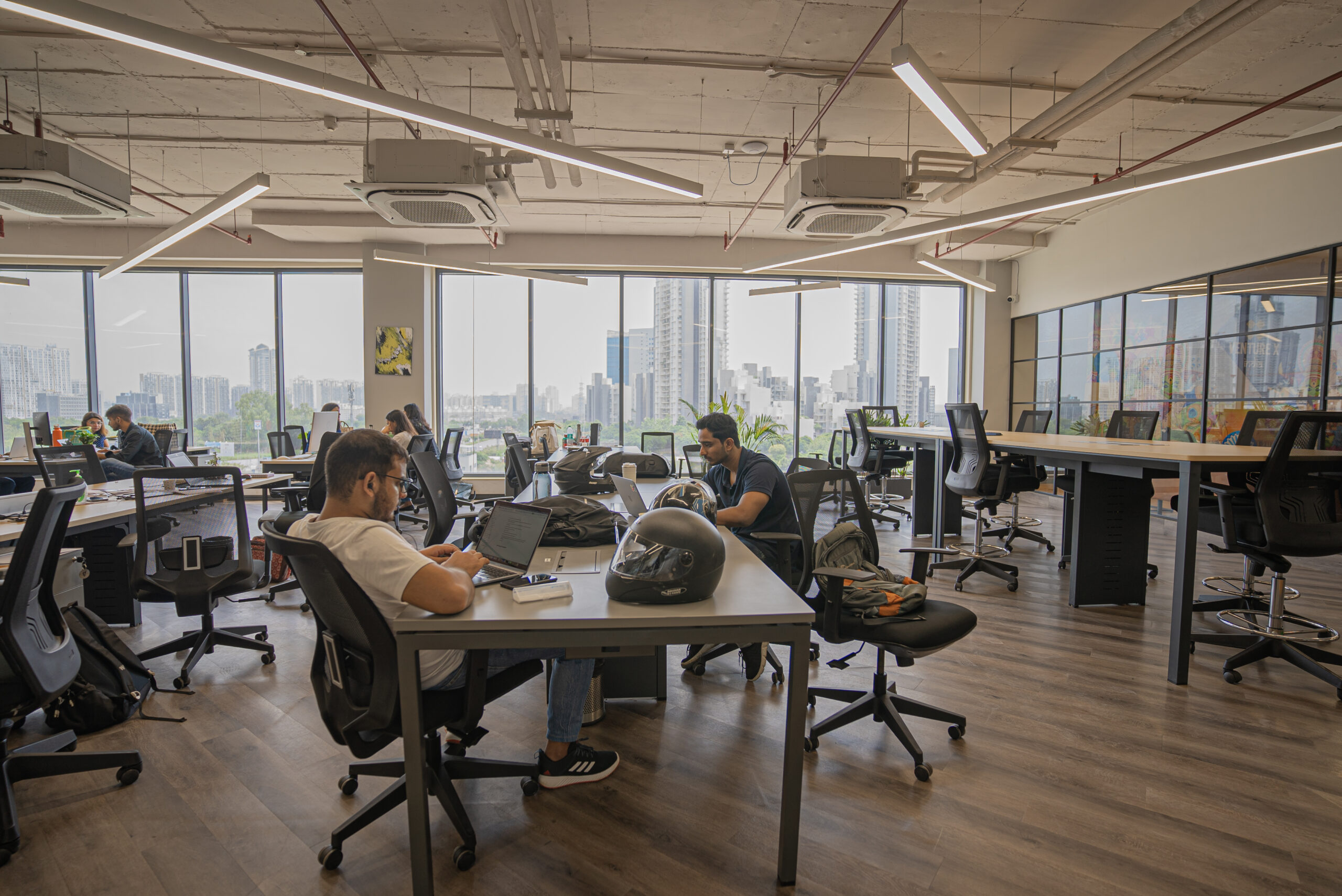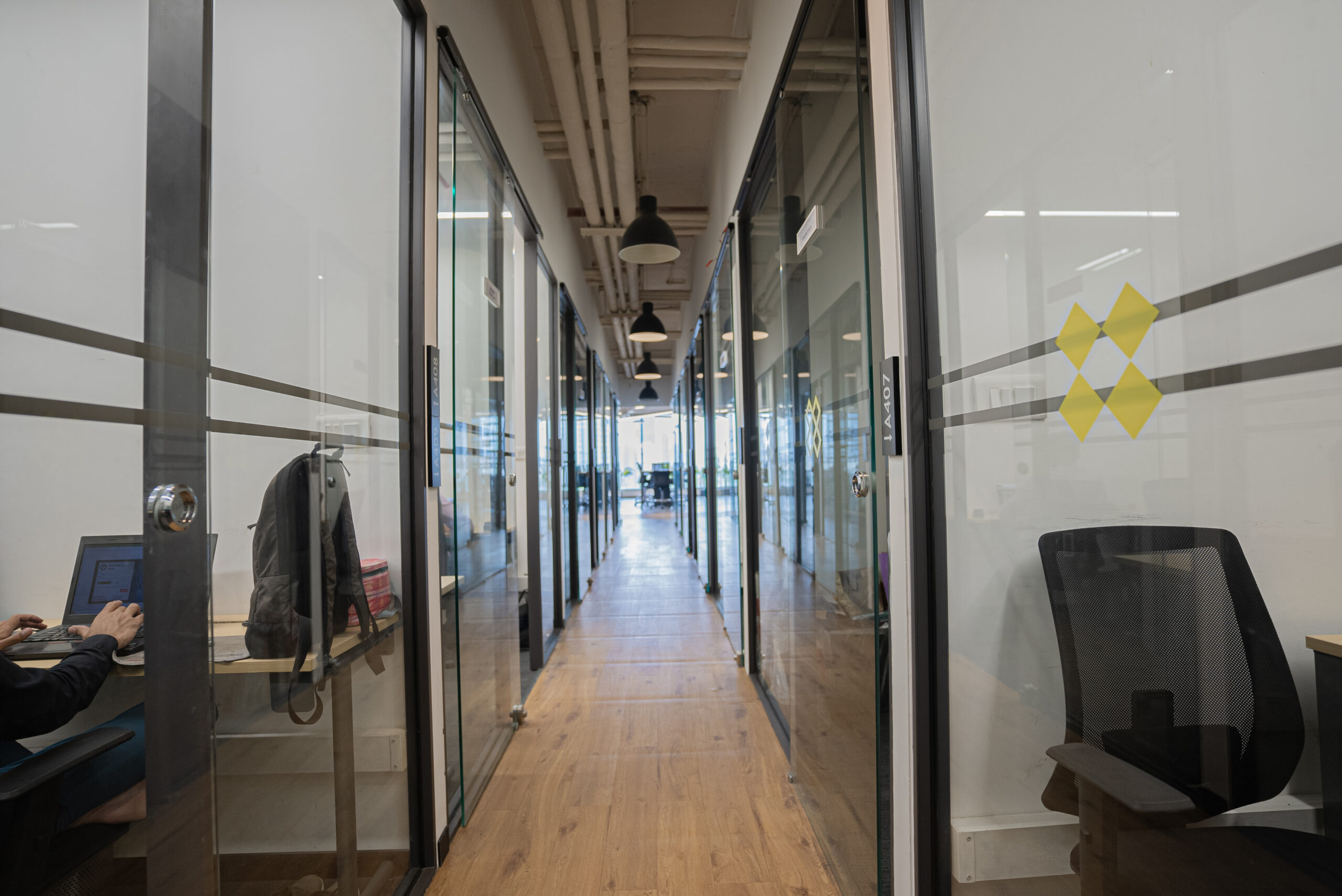In recent years, the landscape of work has undergone a profound transformation with the rise of coworking spaces. Beyond providing flexible work environments, these shared spaces play a crucial role in shaping local economies, fostering job creation, and contributing to the revitalization of urban areas. This article delves into the macro perspective of how the growth of coworking spaces has become a catalyst for economic development.
Flexible Workspaces as Economic Hubs
Coworking spaces are not merely physical locations where individuals work side by side; they are dynamic hubs that house a diverse range of professionals, freelancers, entrepreneurs, and small businesses. The collaborative environment fosters creativity, innovation, and the cross-pollination of ideas, creating a breeding ground for economic growth. As these spaces attract a mix of industries, they become microcosms of economic ecosystems, fostering collaboration and synergy.
Job Creation and Entrepreneurship
One of the significant contributions of coworking spaces to economic development is their role in job creation and entrepreneurship. By providing an accessible and affordable infrastructure for startups and small businesses, coworking spaces empower entrepreneurs to establish and grow their ventures. This, in turn, generates employment opportunities, contributing to the overall job market and reducing unemployment rates in local communities.
Revitalizing Urban Areas
The proliferation of coworking spaces has breathed new life into urban areas, especially in city centers and previously overlooked neighborhoods. These spaces often occupy historic buildings or repurpose underutilized structures, leading to urban revitalization. The influx of professionals into these areas brings increased foot traffic, boosts local businesses, and enhances the overall vibrancy of the community.
Supporting Local Businesses
Coworking spaces often collaborate with local businesses, from coffee shops to printing services, creating a symbiotic relationship. This collaboration not only helps local enterprises thrive but also strengthens the economic fabric of the community. The increased visibility and patronage of local businesses by coworking members contribute to the economic sustainability of the neighborhood.
Attracting Talent and Investment
Cities with thriving coworking ecosystems become magnets for talent and investment. The availability of flexible workspaces signals a dynamic and innovative business environment, attracting skilled professionals and potential investors. As a result, the city becomes a hub for talent retention and attracts new businesses, further bolstering its economic development.
Technology and Knowledge Transfer
Coworking spaces often host events, workshops, and networking sessions that facilitate technology and knowledge transfer. This exchange of ideas and expertise not only enhances the skills of local professionals but also positions the city as a knowledge hub. The accumulation of diverse skills within coworking communities contributes to the overall intellectual capital of the region.
The role of coworking in economic development extends beyond the provision of shared office spaces. These dynamic environments serve as catalysts for job creation, entrepreneurship, and the revitalization of urban areas. As flexible workspaces continue to proliferate, their impact on local economies becomes increasingly evident. The macro perspective underscores the pivotal role coworking spaces play in shaping the economic landscape of cities and regions, fostering growth, and positioning communities for a sustainable and innovative future.




